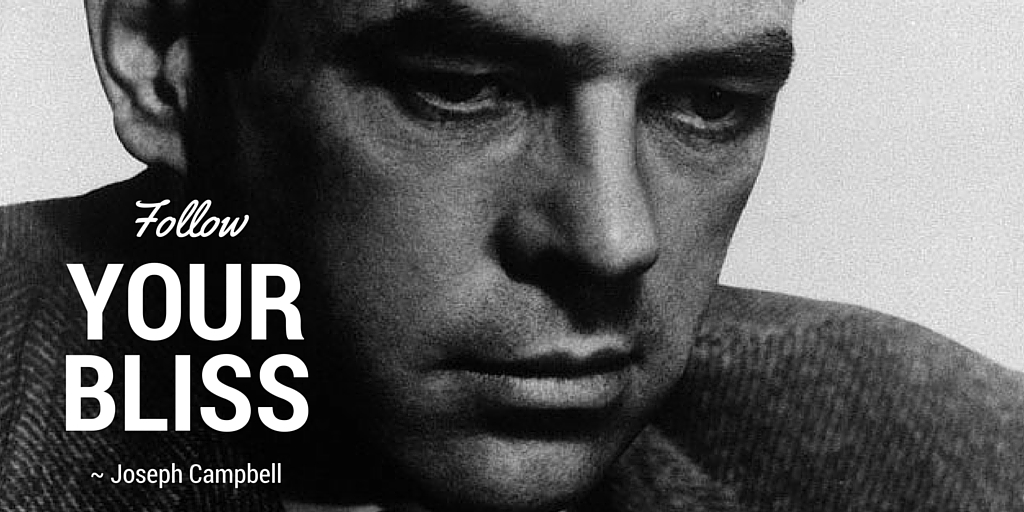Myth still conjures a strong negative reaction in many of us. For most of the millions of people awaiting the release of Star Wars : The Force Awakens, myths are an entertaining diversion. For the rigorously scientific and many people of a skeptical mindset, myths are nothing moe than glamorous lies. But for millions of others, myself included, myths have a meaning so profound we find it almost impossible to express.
“Mythology is not a lie, mythology is poetry, it is metaphorical. It has been well said that mythology is the penultimate truth–penultimate because the ultimate cannot be put into words. It is beyond words. Beyond images, beyond that bounding rim of the Buddhist Wheel of Becoming. Mythology pitches the mind beyond that rim, to what can be known but not told.”

The words of Joseph Campbell in The Power of Myth inspired an entire generation to think in new ways about myths. In discussion with Bill Moyer, Campbell found the ideal format to communicate his complex ideas to the widest possible audience. Published almost forty years earlier, The Hero With A Thousand Faces was the first full of expression of Campbell’s ideas on myth. It would ultimately inspire storytellers and filmmakers including George Lucas and Steven Spielberg among many others. Campbell’s thoughts on how modern myths are crafted echoes much of the best advice given to writers today to seek a sacred space in which to create.
“You must have a room, or a certain hour or so a day, where you don’t know what was in the newspapers that morning, you don’t know who your friends are, you don’t know what you owe anybody, you don’t know what anybody owes to you. This is a place where you can simply experience and bring forth what you are and what you might be. This is the place of creative incubation. At first you may find that nothing happens there. But if you have a sacred place and use it, something eventually will happen.”
In his great history of world religion, The Masks of God, Joseph Campbell articulated the most inspiring idea of his long and fascinating career. As the great religious traditions had begun to collapse and lose credibility, a process he dates back as far as 1600, humanity had reclaimed the true power of myth. No longer would myth express the monolithic ideas of Christianity or Buddhism. Instead writers and storytellers of all kinds would create new myths that captured the uniqueness of each ones transcendent experience. Campbell named this reversal of the old ways, “creative mythology”.

“…the individual has had an experience of his own–of order, horror, beauty, or even mere exhilaration–which he seeks to communicate through signs; and if his realisation has been of a certain depth and import, his communication will have the value and force of living myth – for those, that is to say, who receive and respond to it of themselves, with recognition, uncoerced.”
It’s the value and force of living myth that bring so many millions of people to a story like Star Wars, The Hunger Games or Harry Potter. And surely it’s our own desire to find new symbols for own experiences of order, horror, beauty and exhilaration that inspire so many people today to create their own mythic stories using ancient formulas of myth. If you’re on the path to getting your own creative mythology down in words, read about Alan Watts and the myth of security to help keep fear at bay.
If you found value in the post, please think about supporting as a patron, and getting access to my essay series on conquering creative fear in return.

Campbell was the story consultant on the original Star Wars – Lucas quite deliberately delved into mythic symbolism. It was the classic hero journey.
LikeLiked by 1 person
I remember that Campbell was derided at the end of the twentieth century for his liberal use of the world’s mythologies. I think that in the final analysis, however, his philosophy will outlast his detractors; he sought to find a unifying thread within the myths of humanity and by doing so to pay homage to a common humanity.
LikeLike
I imagine that’s still a common criticism. It has some validity, but if we’re talking higher spiritual truths, seems unlikely they were given just to the chosen few! All spiritual traditions must hold pieces of the puzzle.
LikeLiked by 1 person